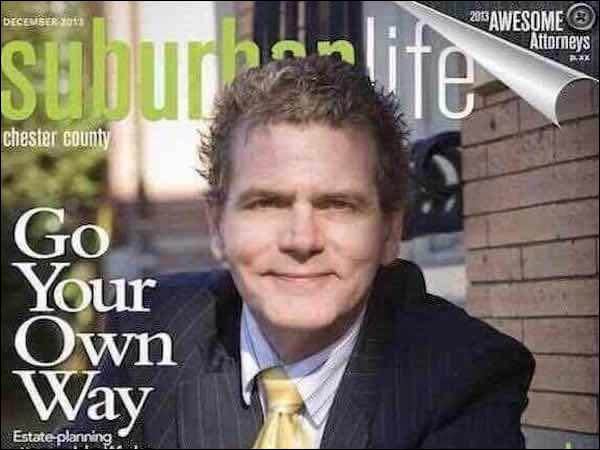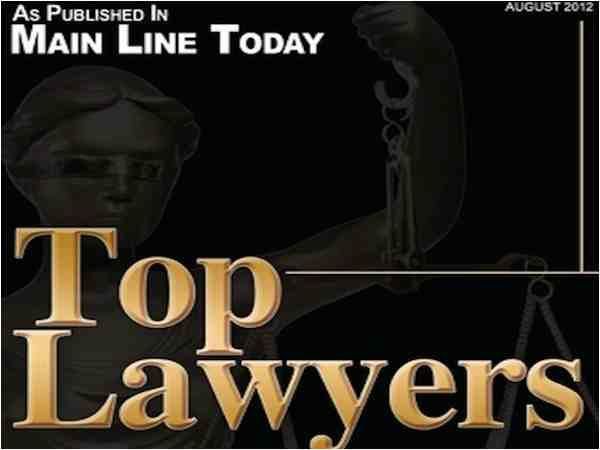
Click Link To Scroll
Will Contests York Pa – Intro
A loved one’s legacy can ease the pain of loss by reminding heirs of a departed family member’s enduring love.
But when questions arise about the validity of a will or the management of estate assets, uncertainty can arouse animosity and prevent closure.
If you, as a beneficiary, suspect that a will does not reflect the wishes of the deceased, you have a right to challenge the proceedings in court. Similarly, if you believe an executor, trustee or estate administrator is mismanaging estate assets, you have standing to raise that issue.
On the other hand, an executor or estate administrator is entitled to a vigorous defense against accusations of incompetence or unlawful conduct.
I provide highly professional representation for aggrieved beneficiaries and accused fiduciaries in estate disputes.
Will Contests York Pa – Will Accepted?
When a will is offered for probate by the named executor, the will is presented to the Office of the Register of Wills in the county where the decedent last resided.
- Register of Wills York Pa
- 45 N George St
- York, PA 17401
- Monday thru Friday 8:00 am to 4:30 pm.
- (717) 771-9607
The Office of the Register of Wills determines whether a Will contains the basic requirements. The will is reviewed to determine:
- whether it was signed by the decedent,
- whether witnesses have attested to the signing, and
- whether the person named as the Personal Representative or Executor is the person who is requesting the Letters Testamentary.
If the Register of Wills accepts the will as valid, it issues Short Certificates to the Personal Representative. The Personal Representative will then administer the estate pursuant to the provisions of the will and Pennsylvania law.
Will Contests York Pa – Time
The only way to challenge the will after Probate is by appealing the Register of Will’s decision. Normally, however, you would have one year to file this appeal after the will is probated. However, once the will has been approved for probate, the court will presume the will is valid. Therefore, a higher burden of proof is required if the will contestant wants to prove the will is invalid.
Additionally, because the court is giving preference to the will, the executor of the estate or any interested party may request that your time for an appeal be limited to three months. The executor of the estate may argue that allowing the contestant a year to appeal will negatively affect the value of the testator’s estate.
Will Contests York Pa – Challenges
There are several bases for challenging a Pa Last Will. These include:
- Lack of capacity
- This ground alleges that the testator was not of sound mind at the time the will or trust was executed. The testator must be 18 years of age and of “sound mind” to make a will. If the testator is not 18 or if the testator is not of sound mind, then the will is not valid. The term “sound mind” means that the testator had an intelligent knowledge regarding the natural objects of the testator’s bounty, of the property he or she possesses, and of what he desires to do with his or her estate, even though his or her memory has been impaired by age or disease.
- Undue influence
- Documents might be invalid if a person with access to and power over the testator used emotional manipulation to gain special consideration in the will. Undue influence occurs when a person who is in a confidential relationship with the testator receives a substantial benefit under a will from a testator who had a weakened intellect at or around the time the will was executed. A confidential relationship is established when someone is in a close relationship with the testator and occupies a superior position over the testator whether it be intellectually, physically, or morally. A weakened intellect need not rise to the level of lack of capacity.
- Fraud
- This ground alleges the testator was deceived about the contents of the document at the time of execution. Fraud is a trick or some similar action that induces a person to dispose of his or her property contrary to his or her wishes, or in such a way as he or she would not do so but for the fraud.
- Forgery.
- Forgery may be the unauthorized signing of a will by another, the fabrication of a dispositive scheme over the testator’s general signature, or the substitution of one page of a will with another.
- Void for vagueness
- This ground asserts that the terms of a will are open to conflicting interpretations and it is impossible to know which interpretation is correct. A challenger can prevent part or all of the will from being implemented.
Many probate disputes stem from suspicions that a particular individual took advantage of the declining health or dementia of the deceased to insinuate himself into the will to the detriment of the rightful heirs.
The court looks very harshly on this type of elder exploitation. However, it is important to note that disappointment is not grounds for an heir to challenge a will. All challenges must be supported by reliable evidence.
Will Contests York Pa – Standing
A person has legal standing if the person is aggrieved by a decree of the Register of Wills.
In will contest cases, the issue of standing is usually satisfied if a person will receive less under the probated will as compared to a prior will or what the person would receive if there was no will at all. If a person has no legal standing, then the person cannot bring a claim to contest a Will.
Will Contests York Pa – Evidence
Lawyers with experience in will contest matters know that a successful outcome is contingent upon having the evidence to overcome the presumption that the will is valid and expresses the desires and intentions of the testator. What makes these cases difficult is that the best witness, who is often the testator, is now deceased. Without evidence, however, a case will fail.
The legal grounds in each case will dictate the type of evidence needed to prove a case. Evidence often comes from the following:
- Testimony from family members or friends with personal knowledge of the testator’s state of mind
- Testimony from family members or friends who were present when the will was signed
- Testimony from treating physicians
- Testimony from the person who drafted the will
- Medical records of the testator
- Expert testimony
Will Contests York Pa – Breach
The executor of a will or the administrator of an intestate estate is a fiduciary with a legal duty to manage estate assets according to the testator’s wishes and for the benefit of the beneficiaries. The fiduciary must perform at a professional standard so that assets are not lost due to waste, fraud, misallocation or mismanagement. Beneficiaries may challenge deliberate or negligent misconduct and demand a full accounting.
Will Contests York Pa – Caveat
Many people hesitate to hire an attorney because they wish to keep a family dispute within the family. However, don’t Expect Success If You Handle Objections Yourself.
However, the court may treat your suspicions lightly if you raise them without a professional presentation and a firm basis in the law that an attorney can provide.
Moreover, a seasoned attorney who has been through such negotiations before is likely to produce a settlement that satisfies all parties and allows the proceedings to move forward at less cost to the estate.
Will Contests York Pa – Conclusion
Contact an established trust and estate litigation lawyer in Pennsylvania. Conflicts among beneficiaries or between beneficiaries and fiduciaries can be very destructive without experienced and knowledgeable legal counsel.
John B. Whalen, Jr. Esq. provides capable representation for beneficiaries and fiduciaries throughout Pennsylvania. Call today or contact me to schedule a consultation.



